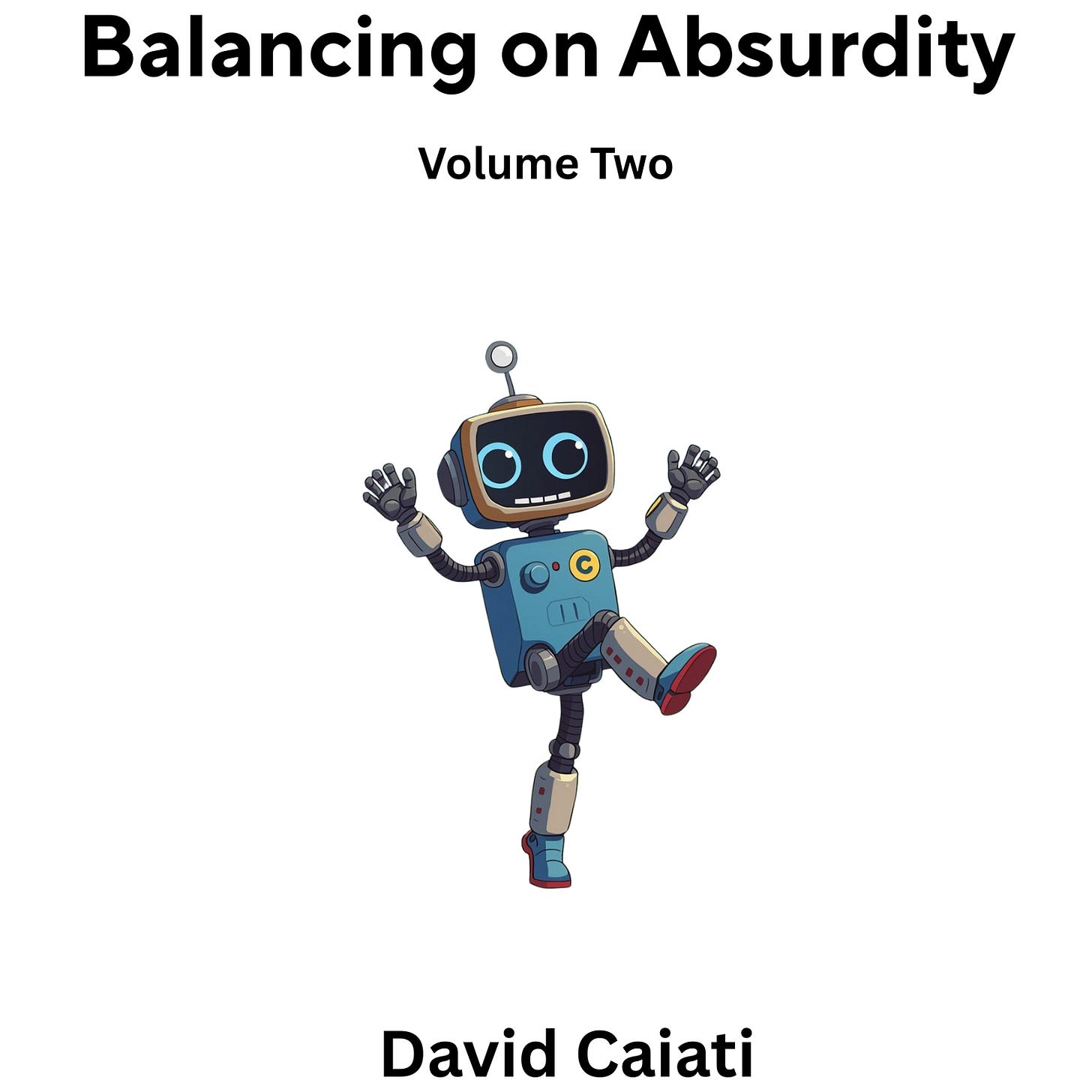The Best is Yet to Come
Maybe
Hello Friends,
I’ve kind of always had this sort of pessimistic trope gnawing at the back of my mind: What if our best days are behind us?
It’s one of those thought experiments I’ve written about (most recently, time crystals).
I’ve pondered this at scale: a day, a year, a life, our country’s history, the universe’s span of existence.
And I keep coming back to the same conclusion: you can’t really be sure until it’s all over. One can never know if a particular moment, any moment, this very moment, is the best it’s ever going to be.
I guess it’s just exceptional optimism that lets one live through an amazing, earth-shattering, tremendous event and not say, “That was it. That was the highlight of my life. It’s all going to be downhill from here.”
But we don’t.
We keep thinking the best is yet to come.
Yet, you can never really know until you’re on your deathbed, and you’re thinking back through your life, and you realize that one moment all those years ago was it—the high-point of your life.
There is nothing wrong with expecting that there will be better days ahead.
I like the optimism. I mean, what else are you going to do?
It all started with a big bang. We went from the unknowable to all the matter that comprises our current universe. In the blink of an eye, stuff appeared and started to fly away.
Our observations of space after the Big Bang suggest our universe is still expanding. That was some explosion. No wonder they called it Big.
Even when it made little sense that this is possible, we came up with a concept called Dark Energy. It’s a proposed solution to the observation that the universe is not only still expanding since the Big Bang, but the expansion is accelerating.
Acceleration requires an input of energy, just like you stepping on the gas to catch up to that driver that just cut you off (maybe because Krispy Kreme just lit the Hot Now sign).
It’s like tossing a ball up in the air, and rather than it returning to your hand, the ball shoots straight up, going faster and faster into the sky until it disappears.
That has been the general consensus about our post-Big Bang universe: things are scattering, accumulating speed as they go. Our universe is expanding with no slowing down.
Then, just last week, this delightful news appeared:
“The Universe will just get colder and deader from now on,” study co-author Douglas Scott, a cosmologist at the University of British Columbia (UBC), said in a statement. “The amount of dust in galaxies and their dust temperatures have been decreasing for billions of years, which means we’re past the epoch of maximum star formation.”
https://www.livescience.com/space/astronomy/the-universe-will-just-get-colder-and-deader-from-now-on-euclid-telescope-confirms-star-formation-has-already-peaked-in-the-cosmos
This seems to suggest that, indeed, the heyday of the universe is behind us: “…colder and deader from now on.”
Talk about Swedish death cleaning.
And you all thought I was the pessimistic one.
And maybe, just maybe, something even better is just beyond the horizon. Like in the movie, The Truman Show, …(spoiler alert) we may sail to the end of the sound stage that we’ve been living in only to smash through to something else.
This week I have been spending all my free time preparing for my annual holiday author book fair.
So, I haven’t had much time to think about this article (and it shows—sorry about that), because I’ve been packaging this year’s newsletters into a promotional item:
It’s holiday fair season around here. Always a delight. With no thoughts of colder and deader.
Happy reading, happy writing, happy expanding,
David



